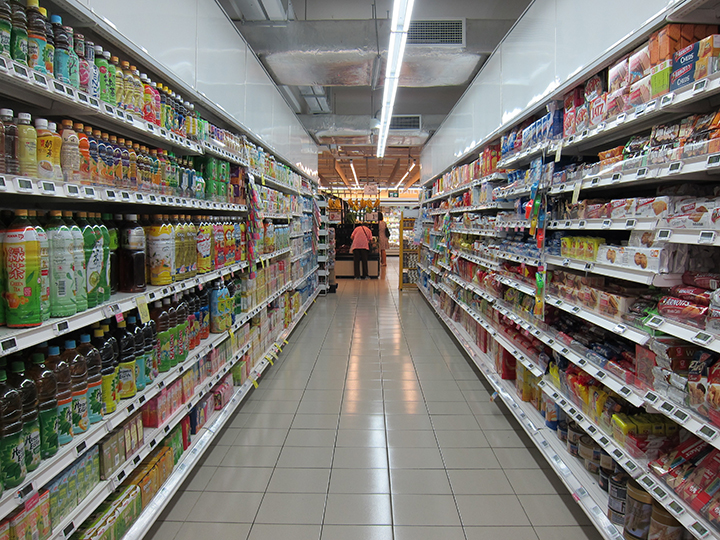In the quest for disease prevention and overall well-being, there’s a compelling case for embracing a diet rich in natural, minimally-processed whole plant foods. Beyond mere sustenance, these dietary choices hold the key to unlocking vitality and longevity. Join us as we delve into the myriad reasons why prioritizing whole foods over their ultra-processed counterparts is a transformative journey toward a healthier, more vibrant life.
What is ultra-processed food? Ultra-processed foods, as defined using the Nova food classification system, includes a variety of convenient items such as ready to eat products, including packaged snacks, carbonated soft drinks, instant noodles, and ready-made meals. The processed food production cycle begins with breaking down whole foods into components such as sugars, oils, fats, proteins, starches, and fiber. These components are commonly sourced from a select few high-yield plant foods like corn, wheat, and soy. Some substances undergo hydrolysis, hydrogenation, or other chemical alterations. They are then combined with minimal whole foods using industrial methods like extrusion, molding, and pre-frying. Additives such as colors, flavors, and emulsifiers are often included to enhance taste. The final step involves packaging with synthetic materials. The additives in these foods are included in an attempt to make the product last longer. More examples of what an “ultra-processed” food really is, include chips, french fries, ice cream, and store-bought bread. The next level just below these foods are flour, cheese, bacon, ham, and nuts which are considered to be “processed” foods. Minimally processed, or unprocessed foods include simply fruits and vegetables.
The truth behind what ultra-processed foods can do to humans is truly concerning. Using the findings of an international group of researchers that set out to discover the connection between diets high in ultra-processed foods and poor health status, we can explore the dangers of a highly processed diet. Taking a close look at the resulting data, there was convincing evidence found that essentially stated that diets higher in ultra-processed food consumption was associated with about a 50% increased risk of death from cardiovascular disease, and a 48-53% higher risk of anxiety and overall mental health issues. More evidence linked ultra-processed food intake to a 21% greater risk of premature death from any cause, a 40-66% higher risk of dying from heart disease or developing obesity or sleep problems, and a 22% higher risk of depression. This data is very alarming but helps reveal how detrimental ultra-processed foods are to our health.
When grocery shopping, it can become overwhelming trying to determine what foods and products are usually considered ultra-processed. The easiest way to manage this task is to reflect on what you consider your “processed standards” to be. Realistically, it is extremely difficult to eat a completely unprocessed diet. Let’s be honest, we don’t all have the time to grind our own wheat berries to create homemade flour in our kitchens. However, it is extremely important that we make our best attempt to buy more simple, whole foods, and as little as possible of processed, packaged foods.
In recent decades, there has been a growing trend of sacrificing health for convenience. This creates more of an urgency for large food companies to create more food that is ready and easy to make, even if it means being lenient with the ingredients and nutritional value. The processes and ingredients utilized in producing ultra-processed foods are tailored to generate highly profitable products, focusing on low-cost ingredients and extended shelf-life. These big food corporations prioritize quantity over quality. The sad truth is, though it may appear we have hundreds of options when browsing in a grocery store, all food brands are owned by about only ten food corporations. That’s it. When you look at it that way, we truly do not have much variety. This is why it is important to make your own informed decisions and focus on real whole foods on the perimeter of your grocery store, and buy less of what’s processed and packaged in the center of your grocery store. It can save your life!
Researched by Lauren Lovato




